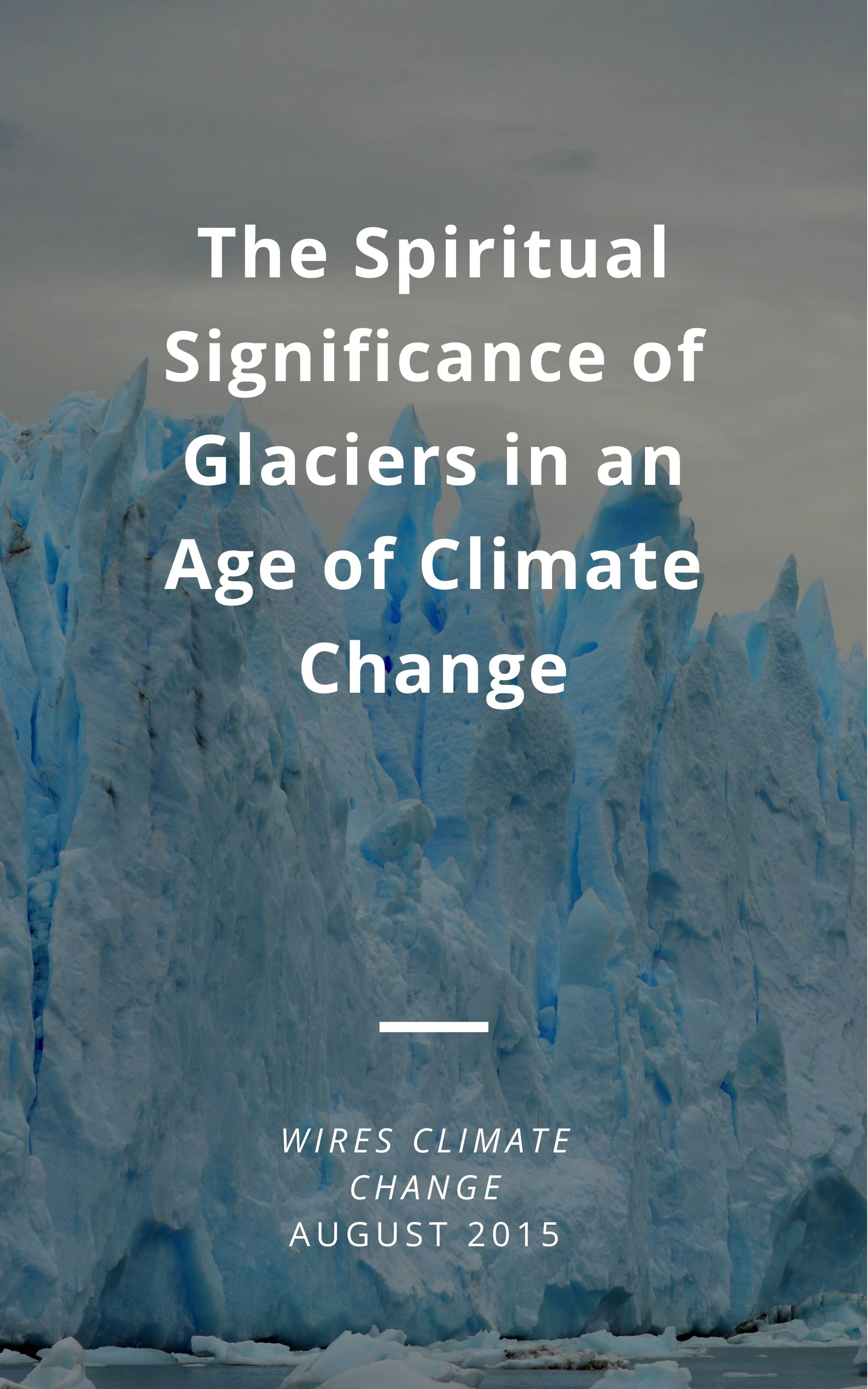My research explores the intersection of the world’s religious traditions with environmental policy and practice.

Contrary to the expectations of the “secularization hypothesis,” religion has not declined in the technological age, and thus remains a vital variable for understanding socio-ecological dilemmas.
I use qualitative social science methods, such as critical ethnography, case studies, environmental histories, and interviewing. I seek to understand how people derive and create meaning in relation to their surrounding environments. I explore how these meanings reflect, challenge, or resonate with received or novel religious teachings and institutions, and how such processes of meaning-making simultaneously create particular types of socio-natural places.
Specifically, I explore how small-scale, rural, and subsistence-based communities attribute noneconomic values to various aspects of the landscape, and how related perceptions and practices engage with, contribute to, or impede environmental degradation at the local, regional, state, and global levels. This approach challenges the fact/ value distinction that places ecological science in the realm of quantitative and confirmable science, and values and morality in the voluntarist, subjective realm.
FEATURED TOPICSResearch, Articles & Public Lectures
The Reincarnation of Waste: A Case Study of Spiritual Ecology Activism for Household Solid Waste Management
In rural southern Bhutan, the revered Buddhist teacher, Dzongsar Jamyang Khyentse Rinpoche, initiated a waste reduction project based on Bhutan’s guiding development philosophy of Gross National Happiness.
Deity Citadels: Sacred Sites of Bio-Cultural Resistance and Resilience in Bhutan
Consistent with the pan-Himalayan tendency to see the landscape as lively and animated, protector deities and local spirits are perceived to inhabit various features of the landscape in Bhutan, causing these places to be treated with reverence and respect.
Toward a Feminist Care Ethic for Climate Change
Climate change is indisputably a feminist issue, and the tools of feminist analysis can provide valuable leverage in developing just and equitable responses to this existential challenge.
The Spiritual Significance of Glaciers in an Age of Climate Change
Glaciers, as dominant features of high mountain landscapes, are sites of easily observable consequences of climate change, grounding the consequences of distant carbon emissions in material surroundings. They are also sites of powerful sacred and symbolic meanings for local communities. This review examines three instances of glacial decline in sacred mountain landscapes, in the Peruvian Andes, the Nepalese Himalaya, and the Meili Snow Mountains of Yunnan, China. These examples show that glacial decline is not simply a material process, but also has important implications for the ways that local people understand themselves and make meaning in relation to their surroundings.
READY TO COLLABORATE?



